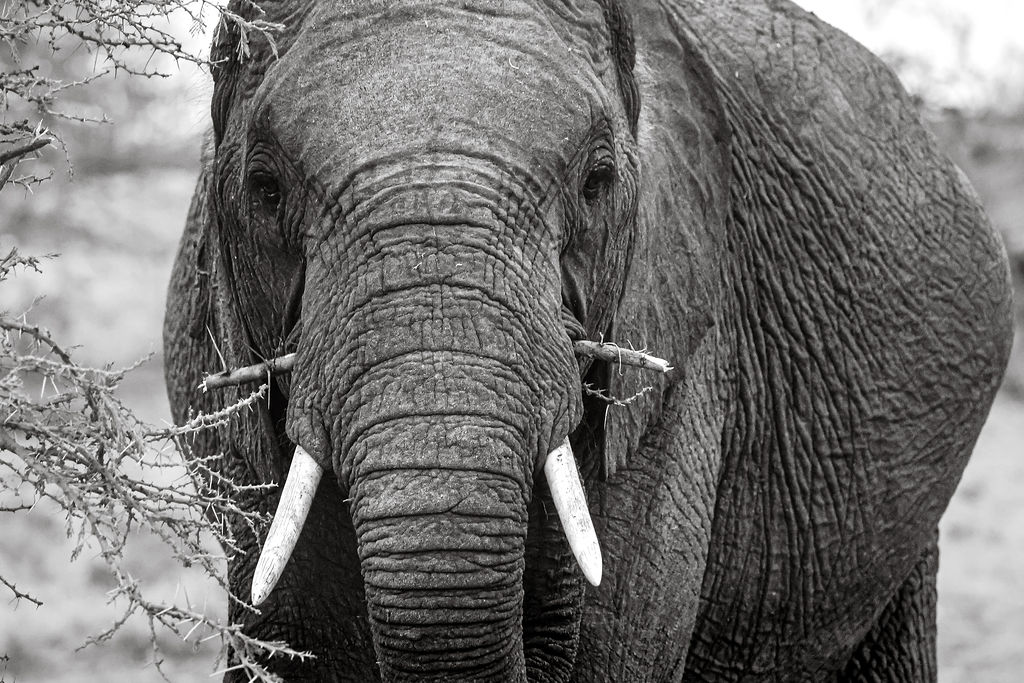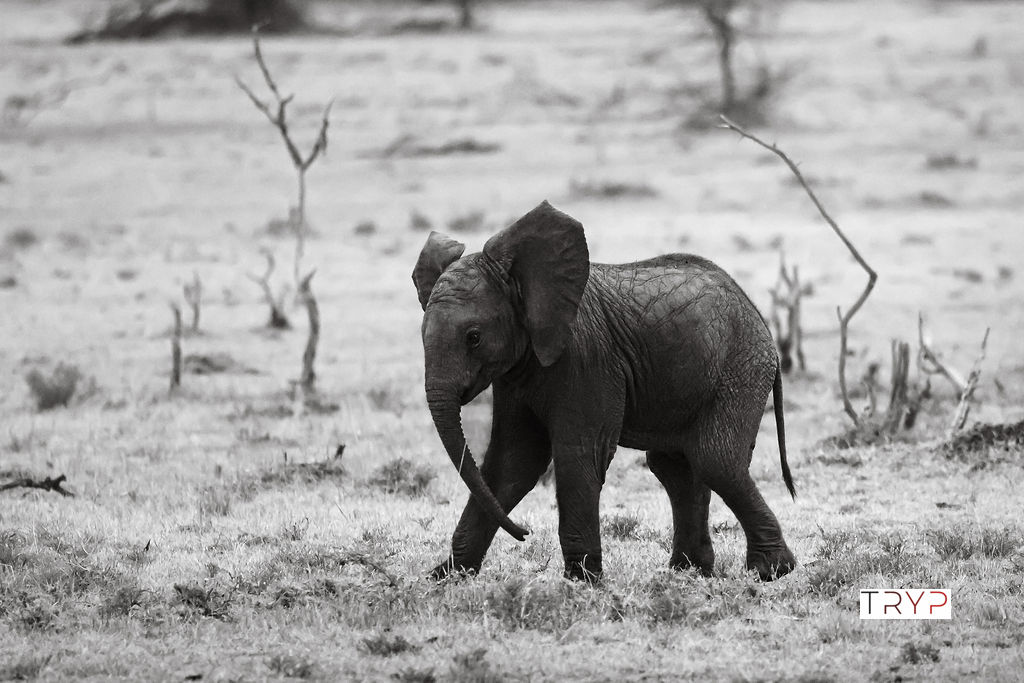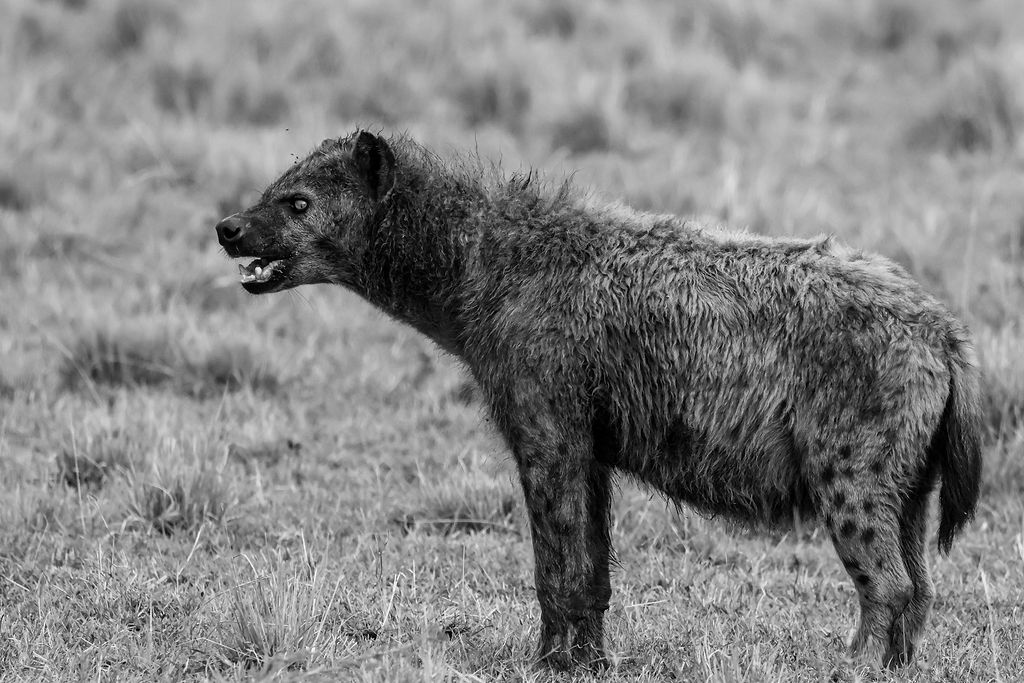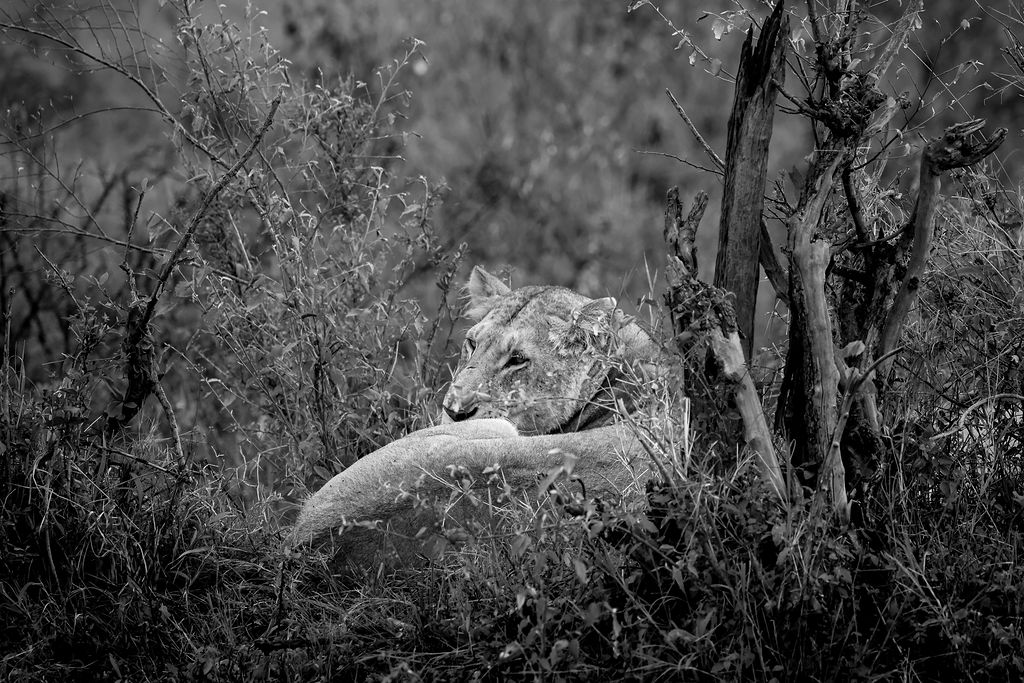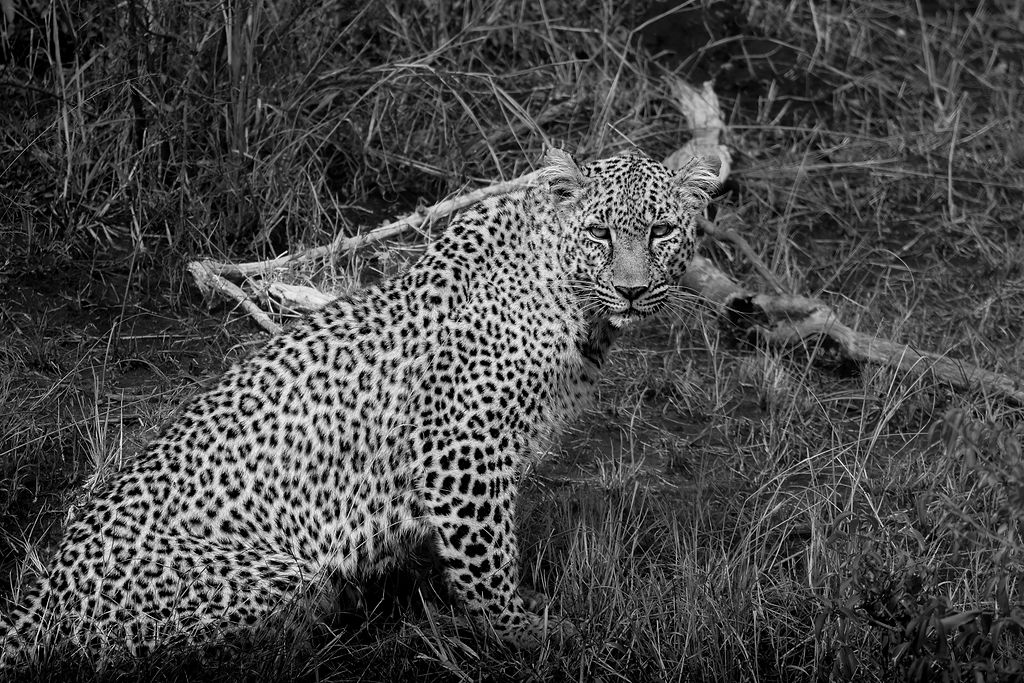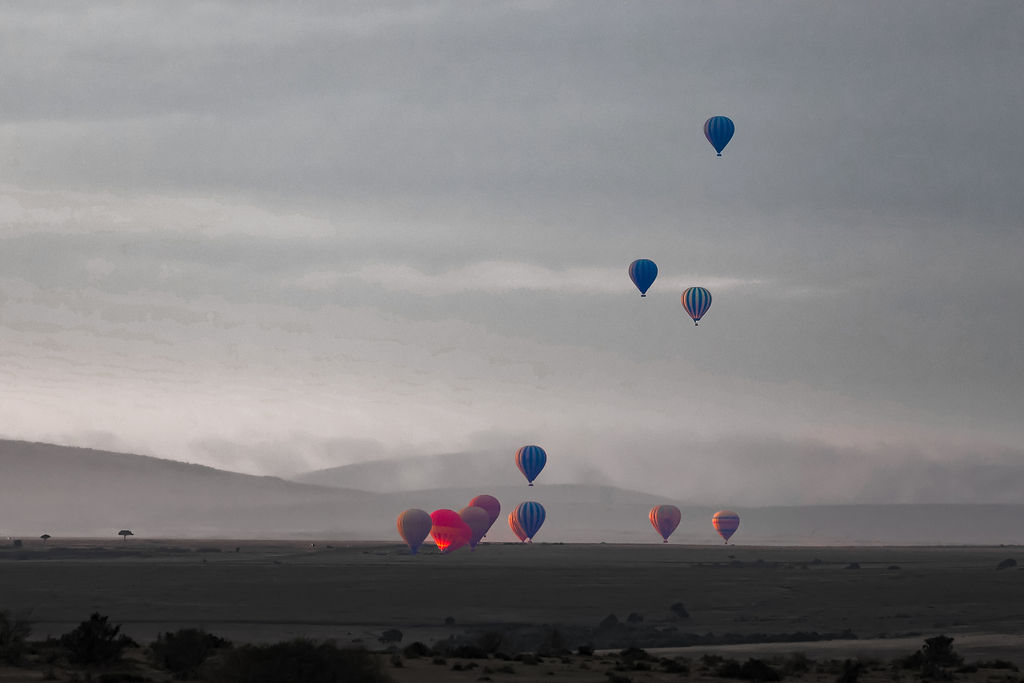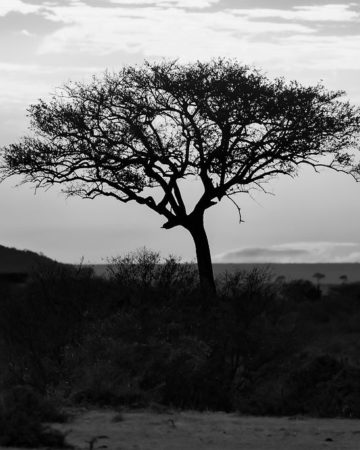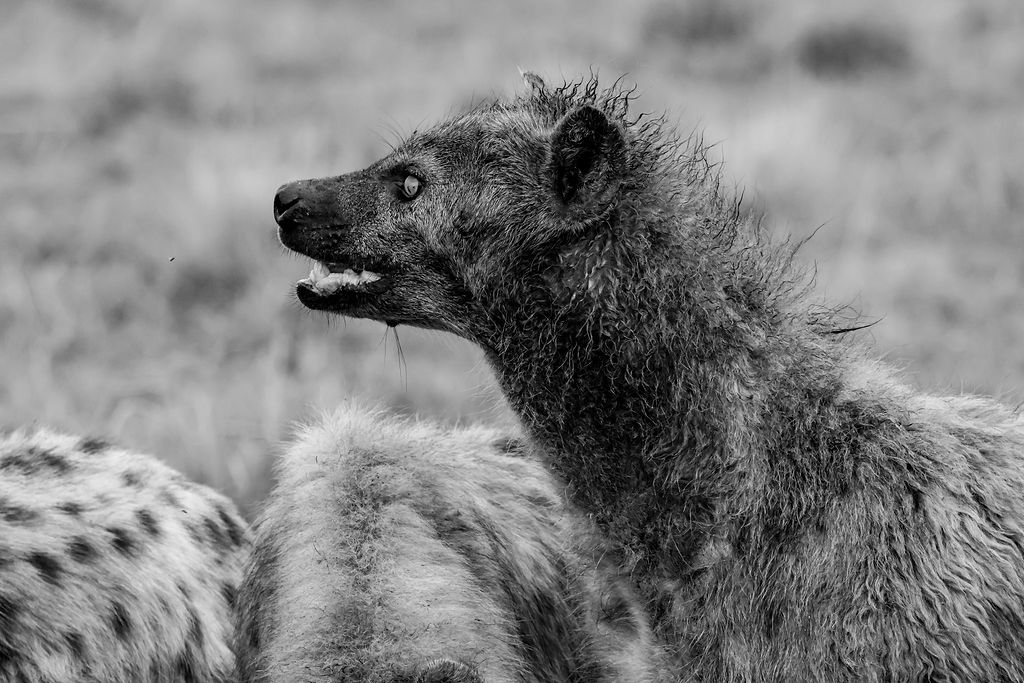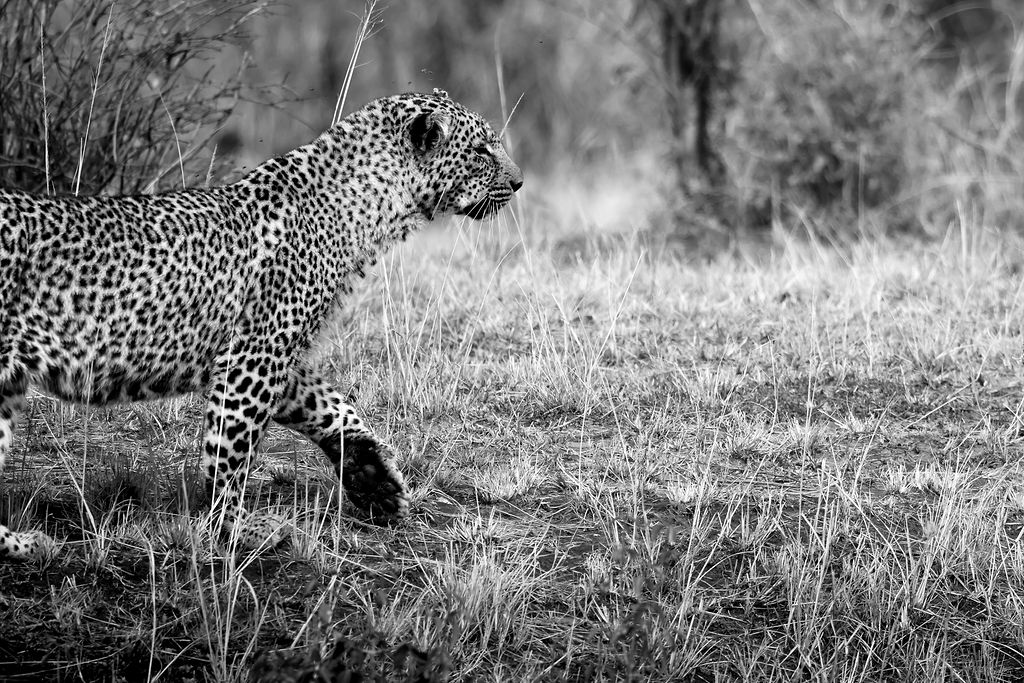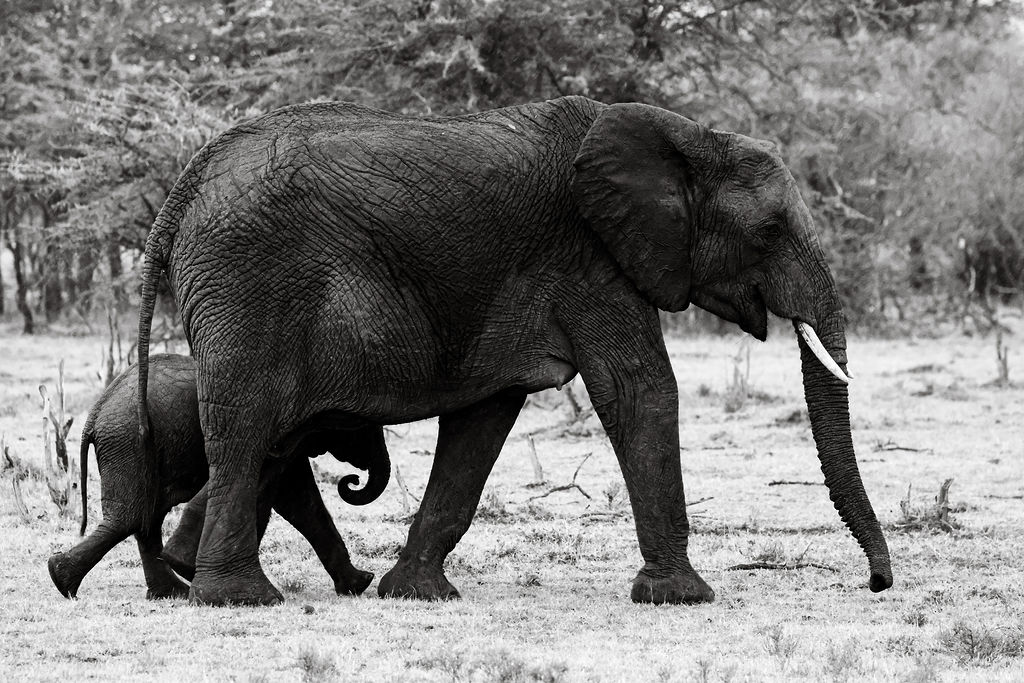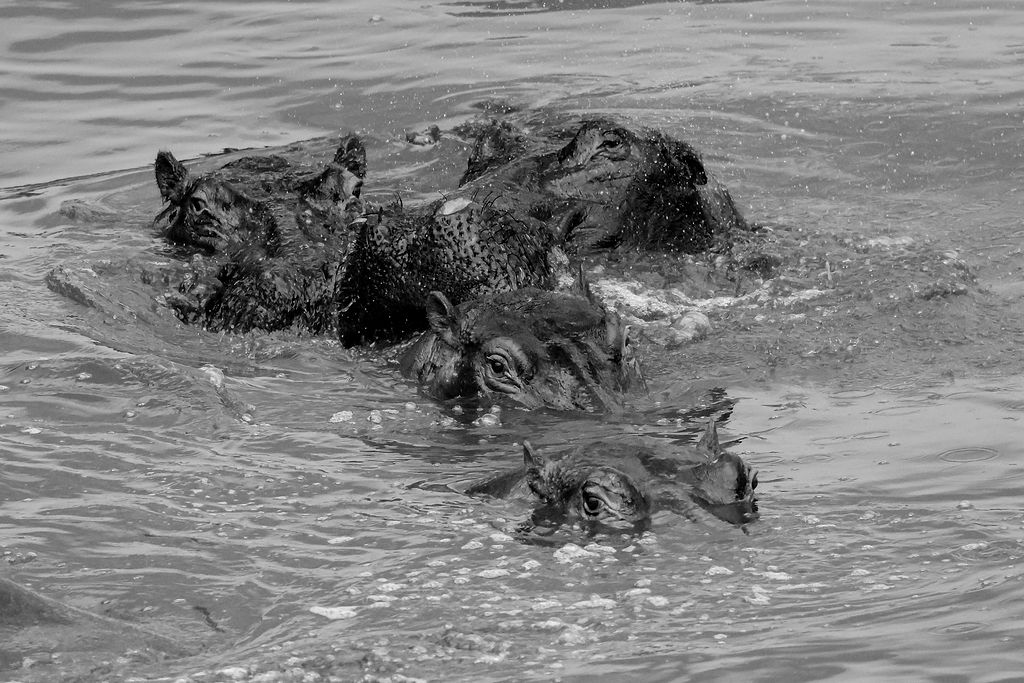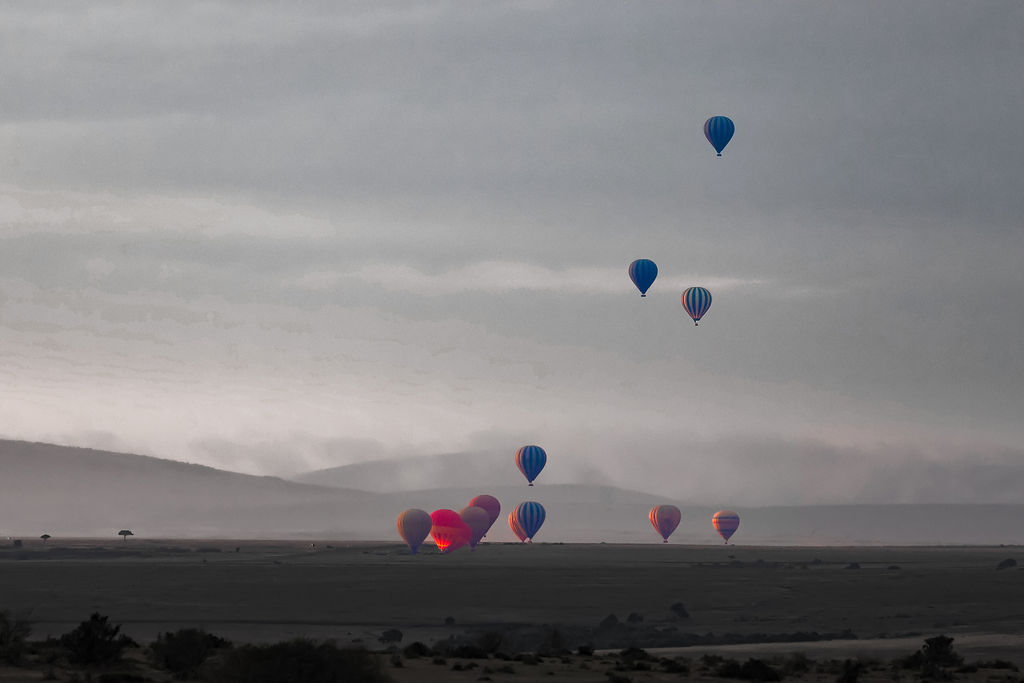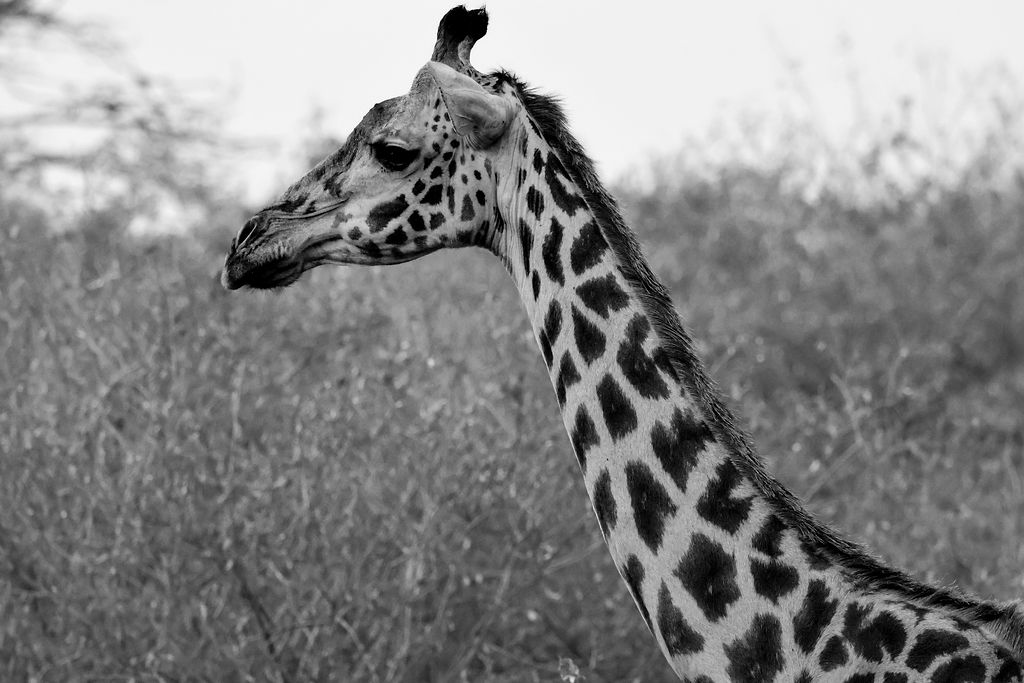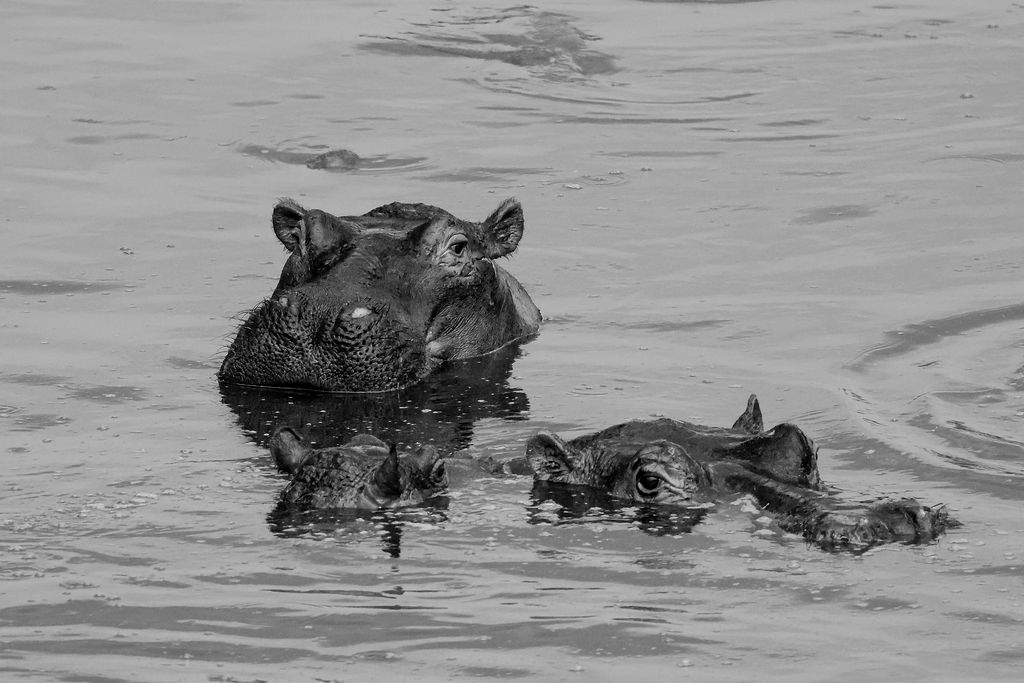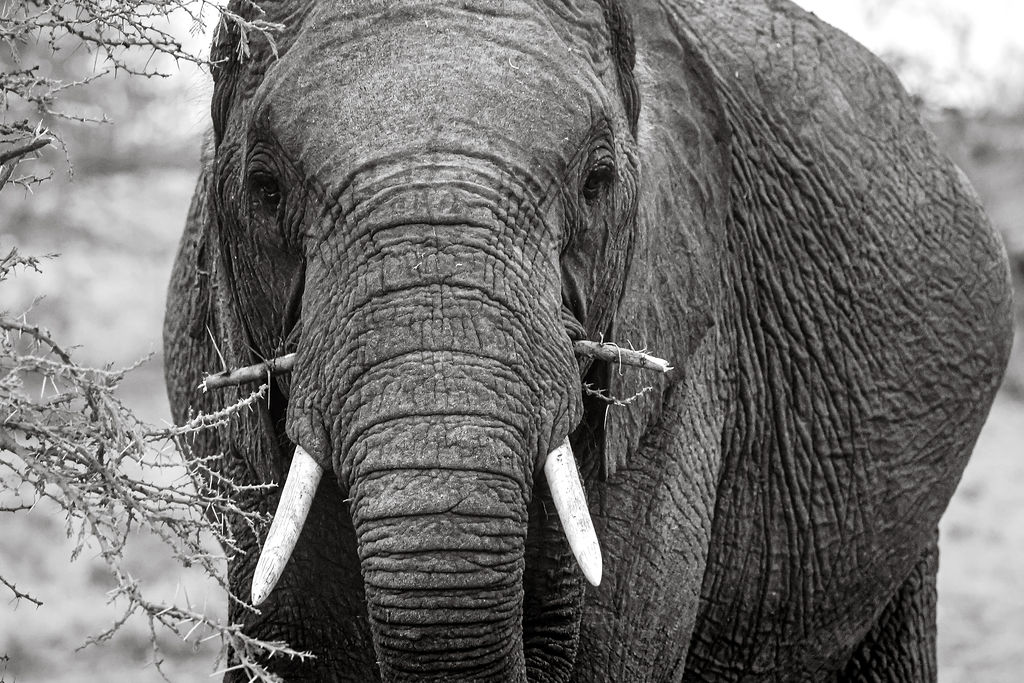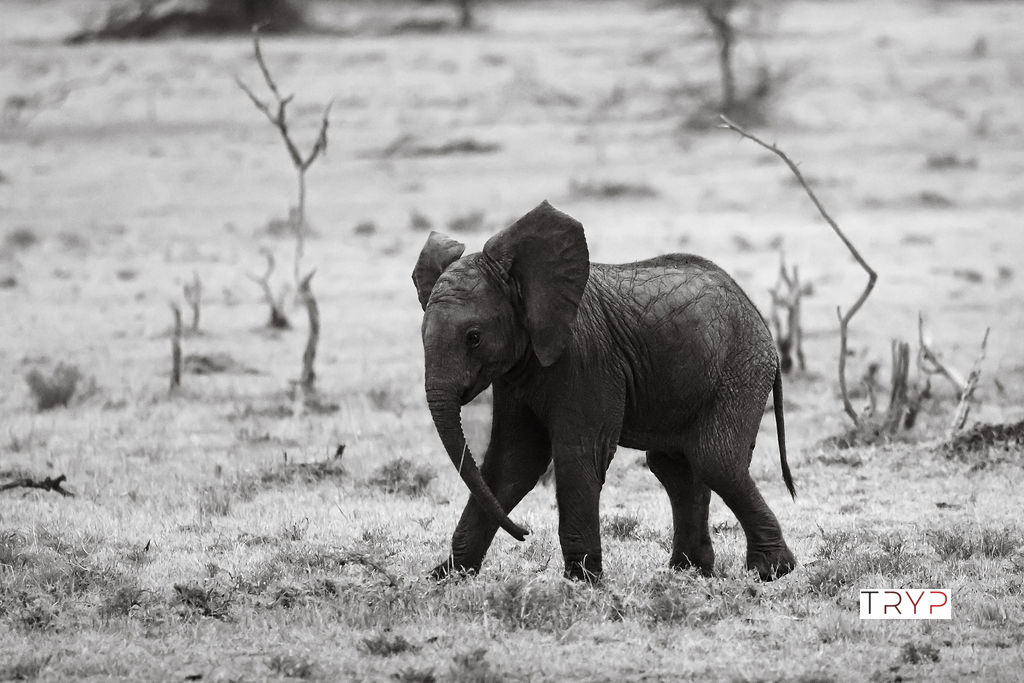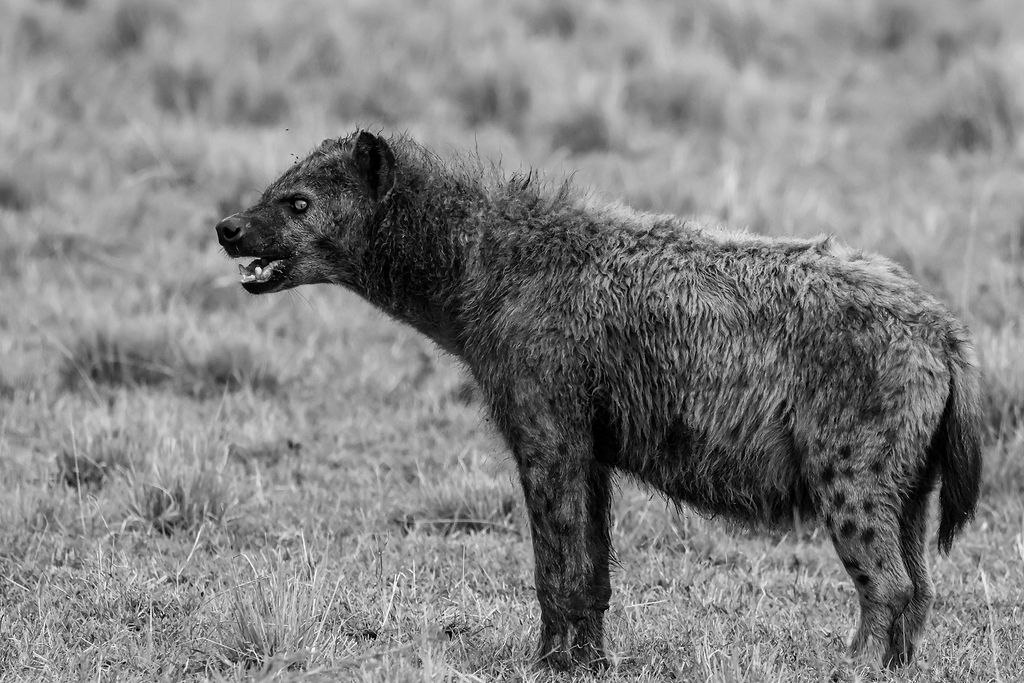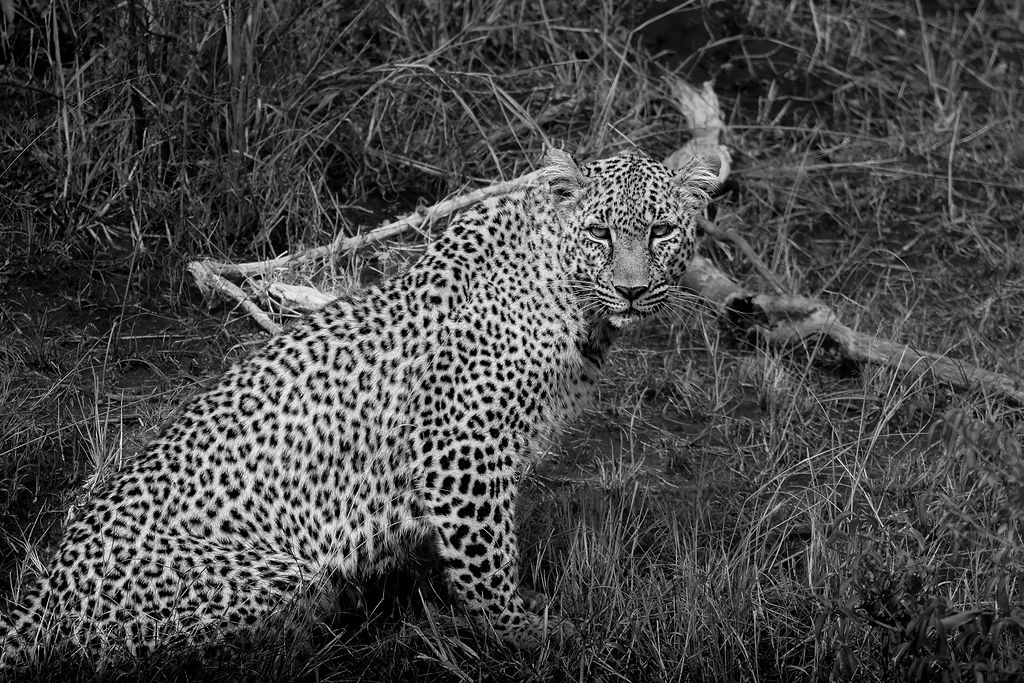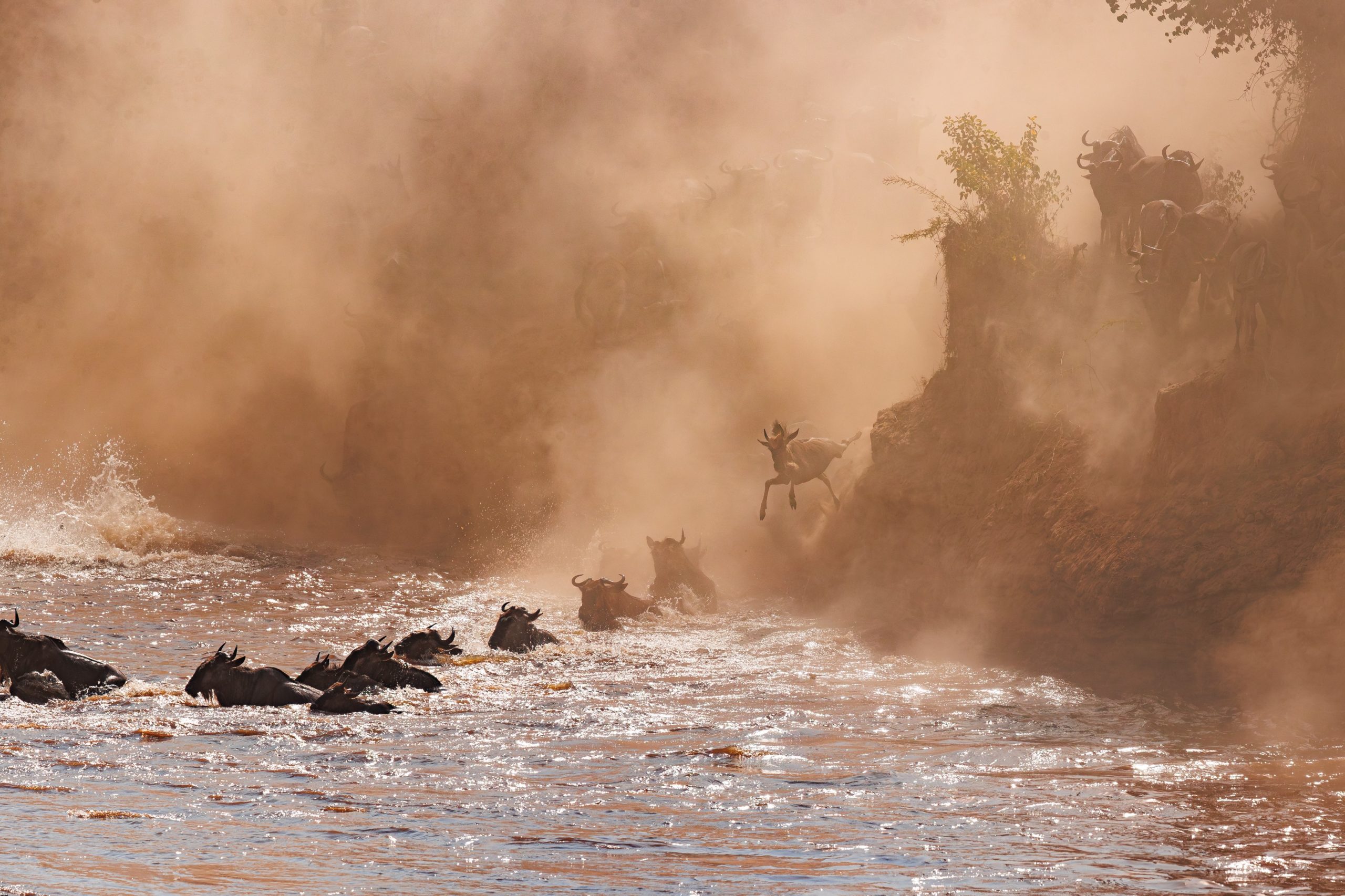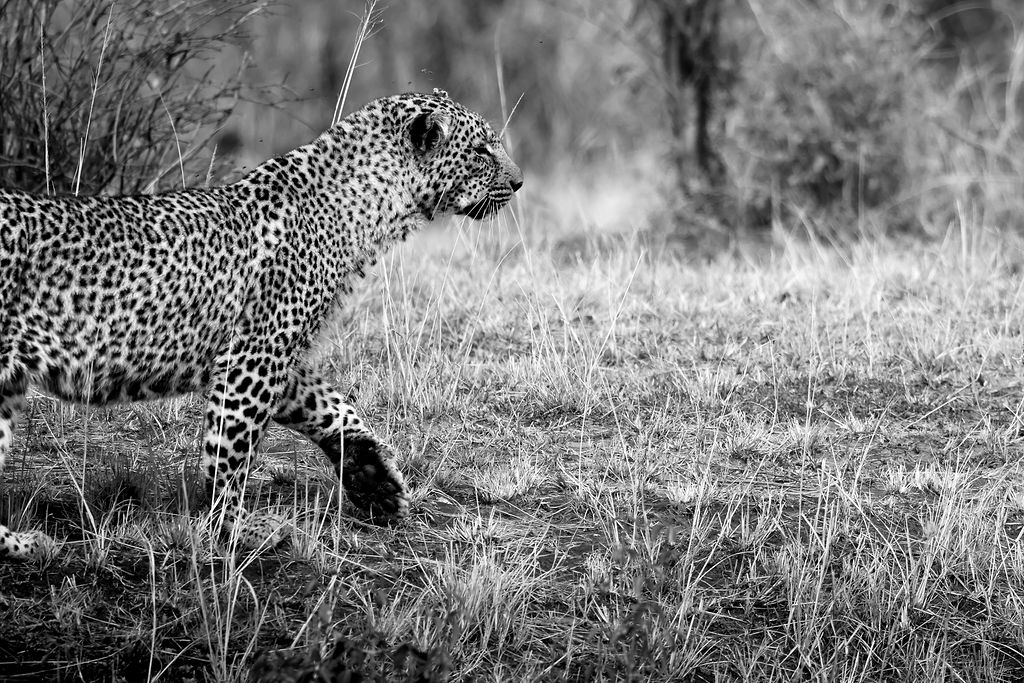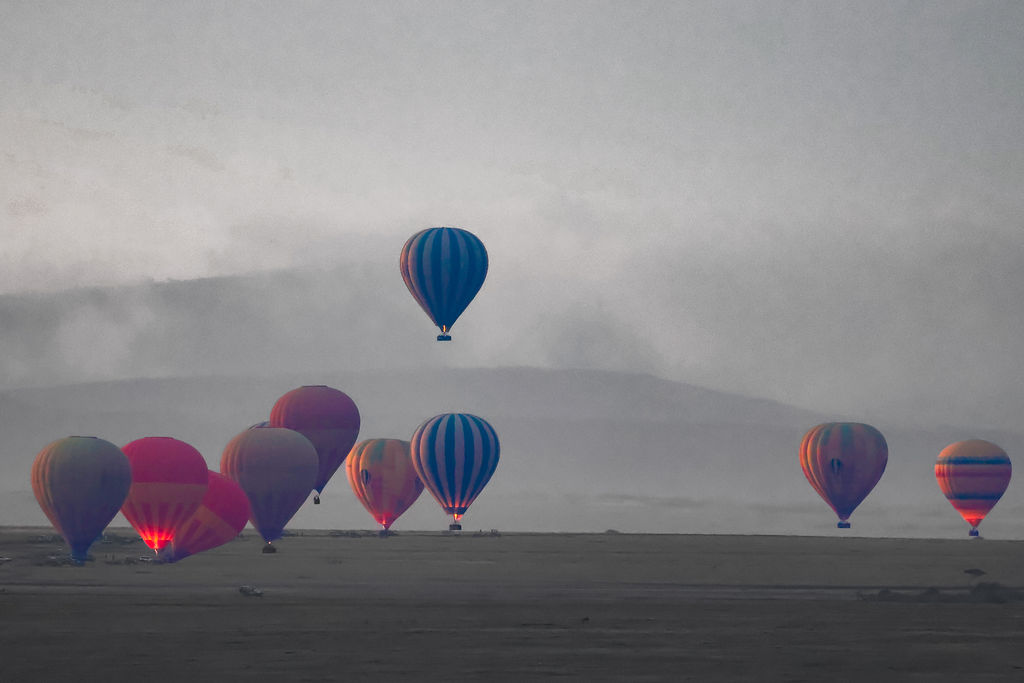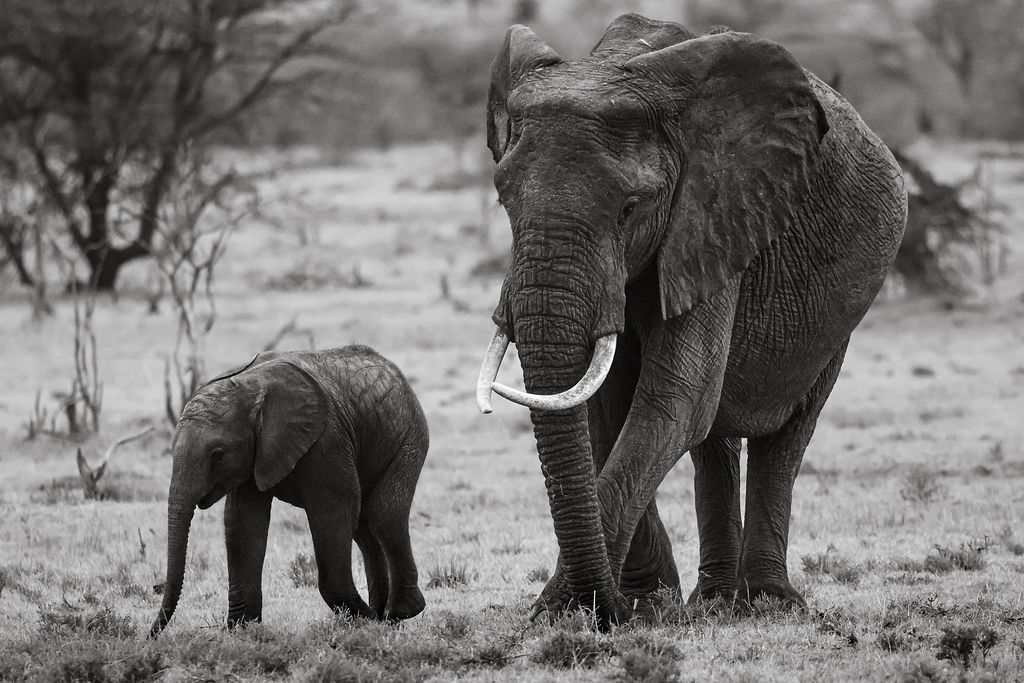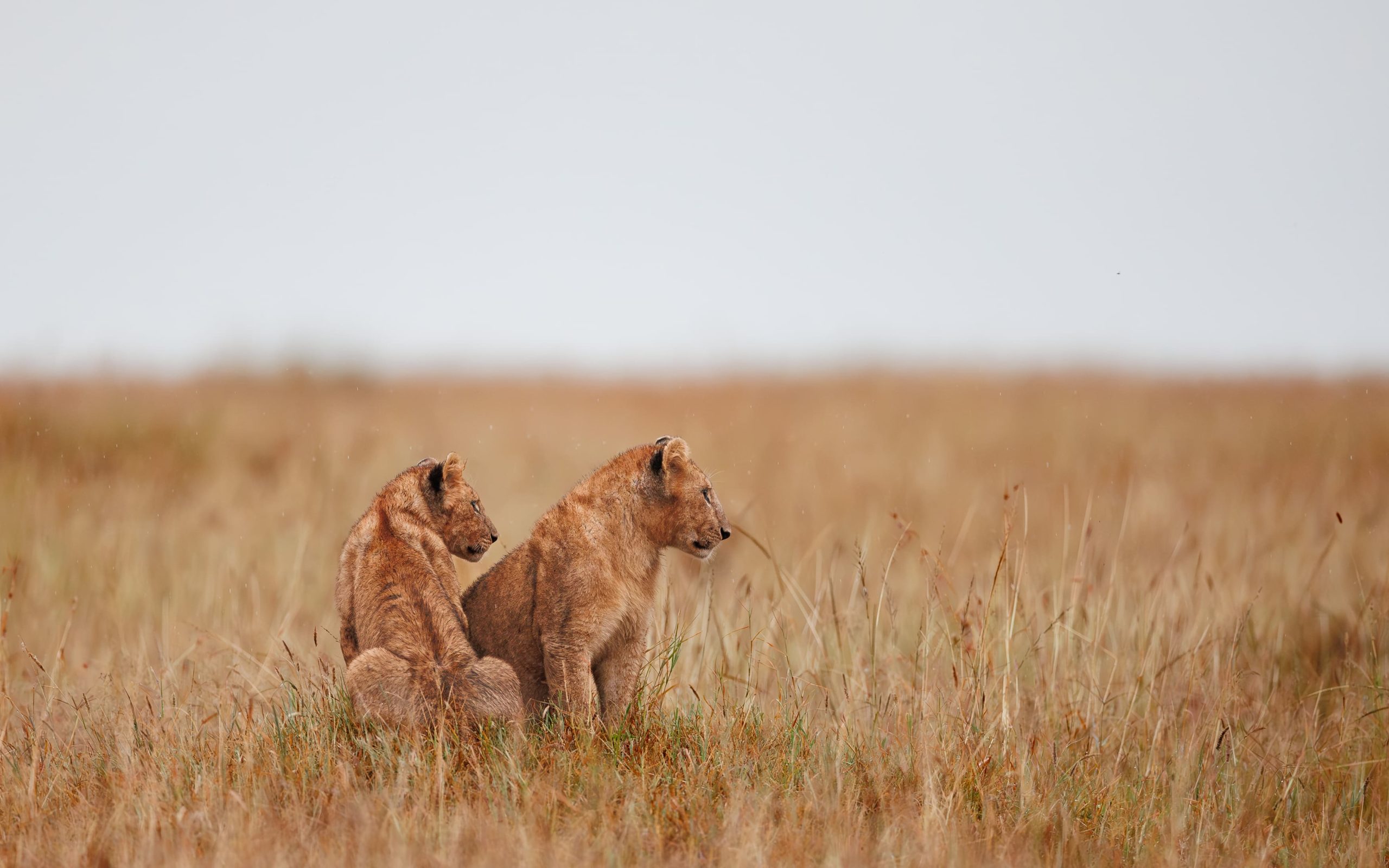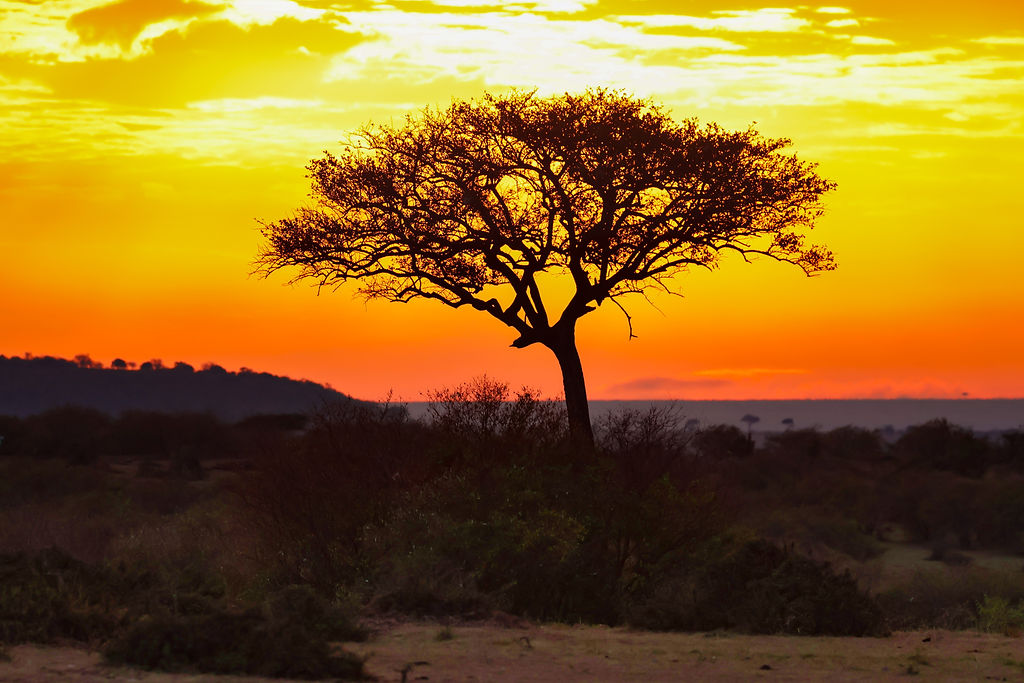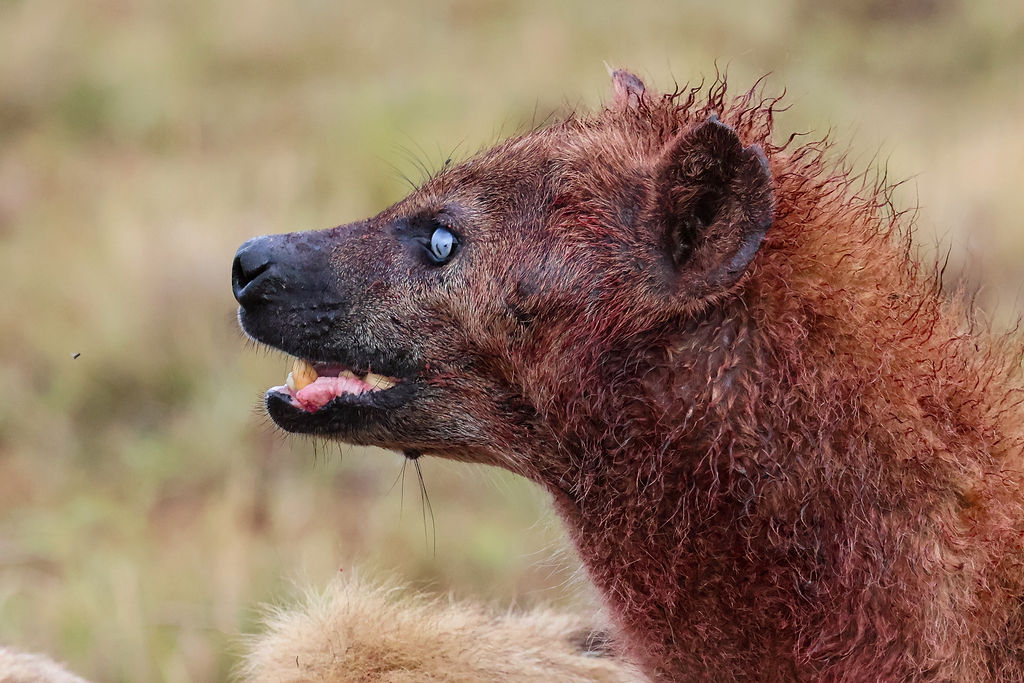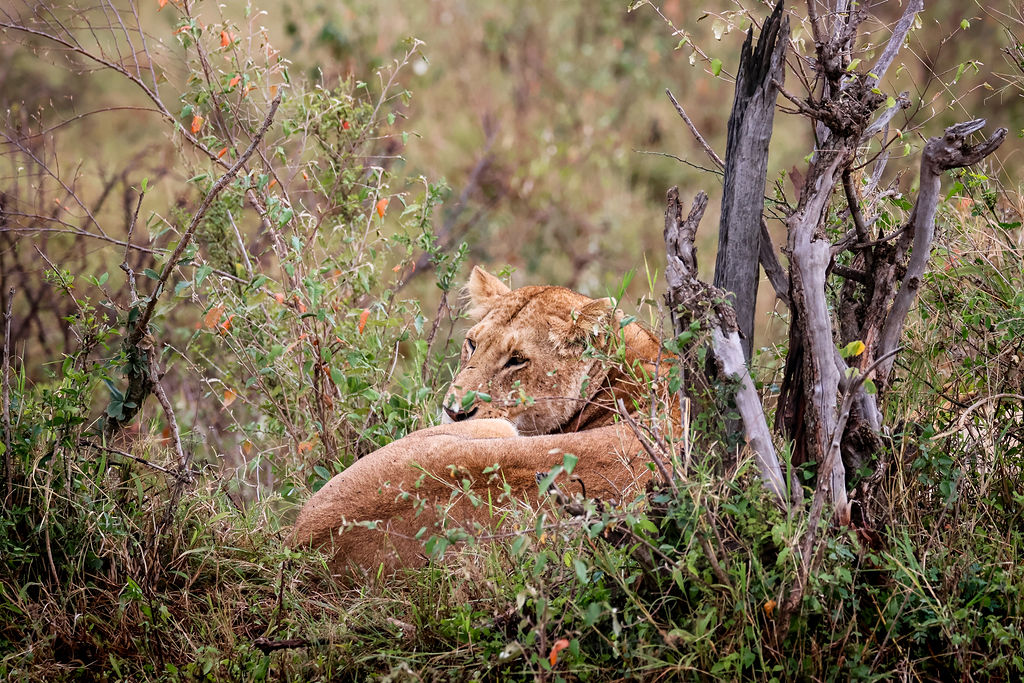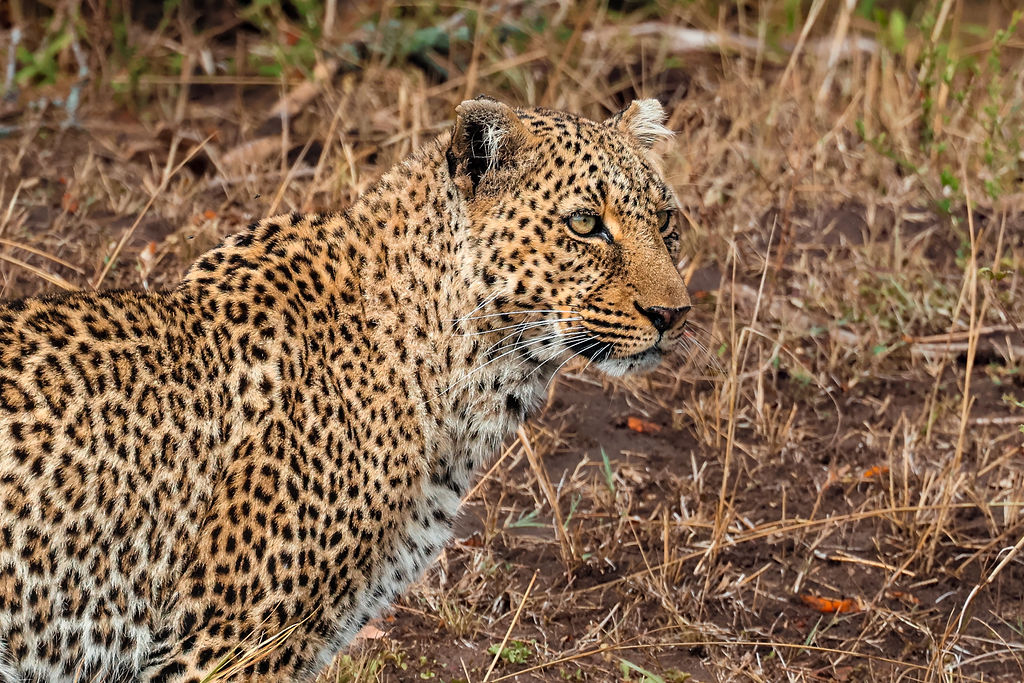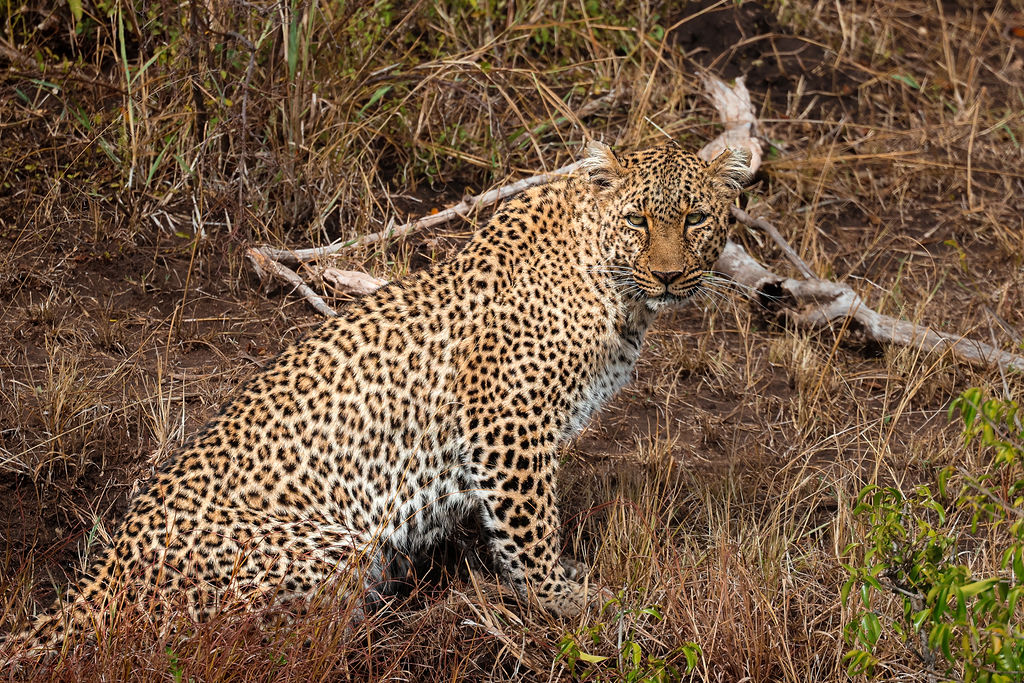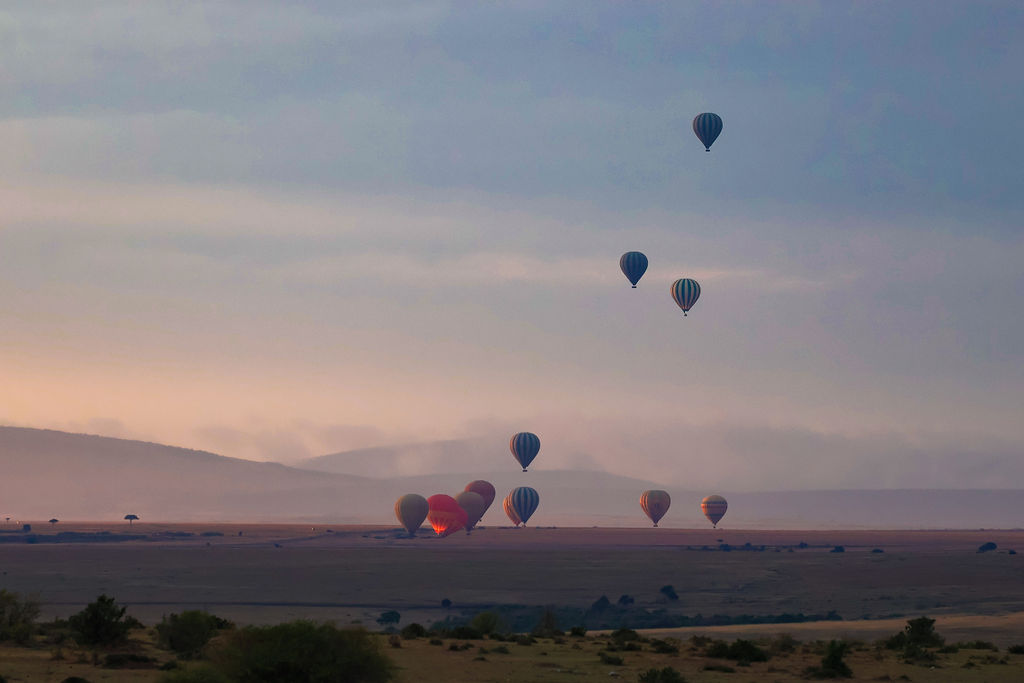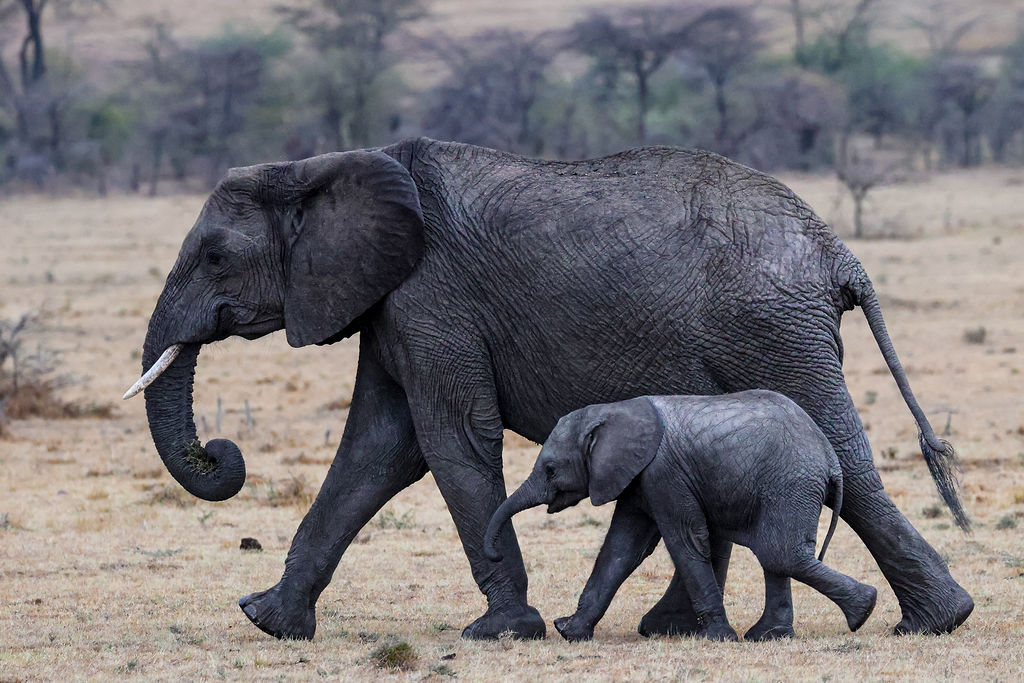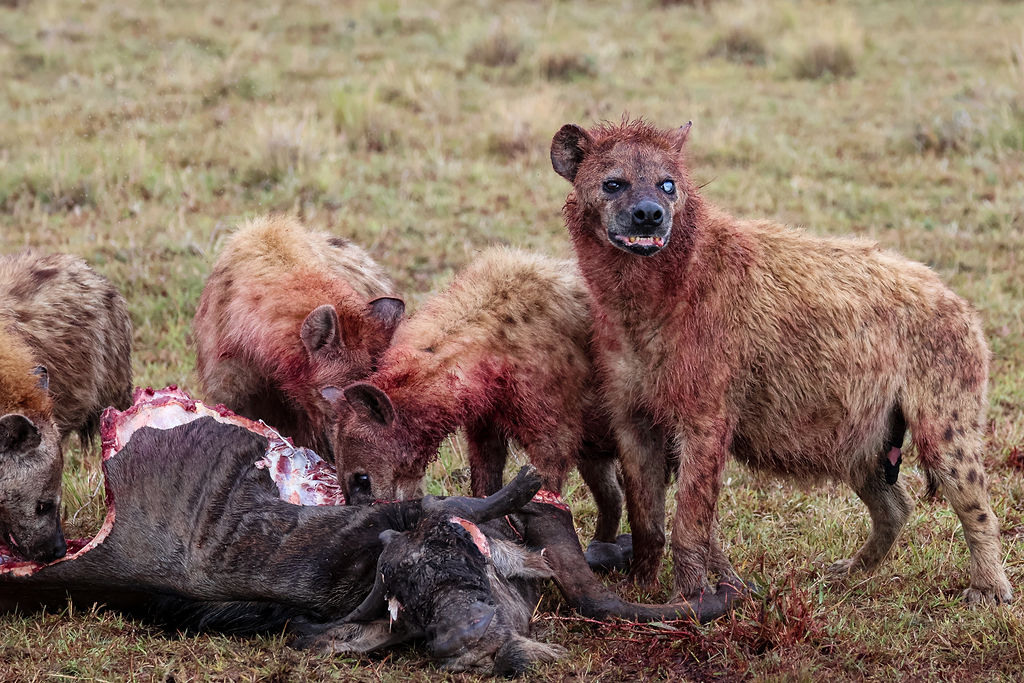Kenya
Luxury Kenyan Safari tours made for you
Discover Kenya’s great plains on a private, luxury safari
Safari, culture and exclusive safari experiences
Our team of Africa experts will help bring this magical country to life with a private, personalised tour. From The Great Migration, fascinating culture and exclusive conservancies, Kenya is a very special destination for a luxury safari.
With a country as popular as Kenya, it’s important to keep away from the crowds and mass-market tourism. That’s why, with Jacada Travel, you’ll experience a genuine and rewarding Kenya safari with visits to special, private conservation areas, owner-run camps and intimate luxury lodges.
In this vast and varied landscape, you can witness some spectacular game. With something for everyone, this game and culture rich country can be as action packed or as relaxing as you wish, in absolute comfort and luxury.
Highlights
Experience the visceral excitement of the world famous wildebeest migration on the Maasai Mara and private conservation areas
Pop into Amboseli for stunning views over the snow-capped Mount Kilimanjaro
Further east to Chyulu Hills for remarkable insight into the lives of the Maasai
Venture north to the romantic Laikipia region of the Great Rift Valley with expert guides who’ll help you seek out the elusive black rhino
Visit the Samburu National Reserve for a variety of landscapes where lions, cheetahs and leopards stalk their prey
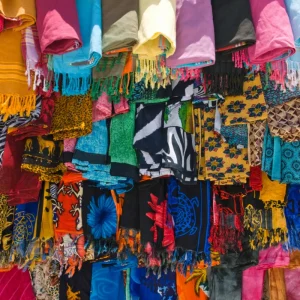
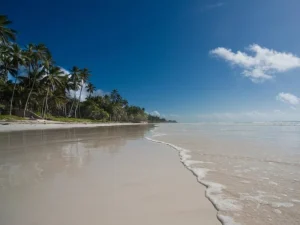
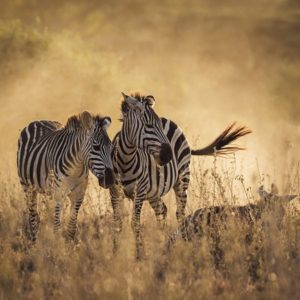
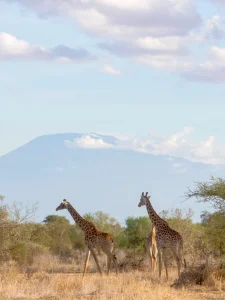
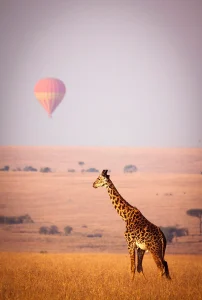
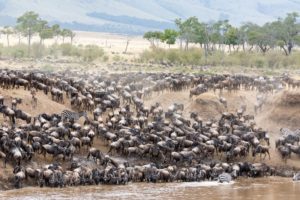
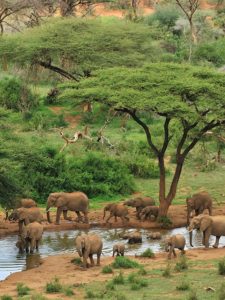
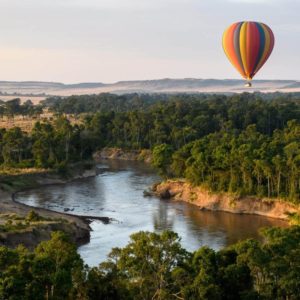
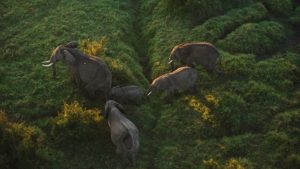
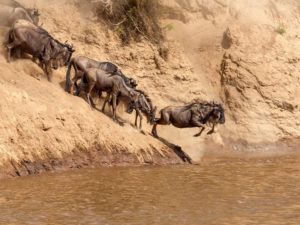
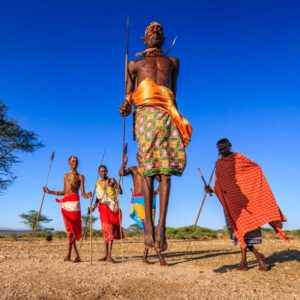
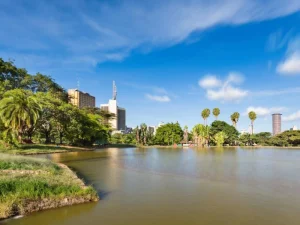
When to visit
January to March is hot and humid but game will be condensed around water. July to October are the ideal months to travel, with the Great Migration in action.
 River Crossings: July – August
River Crossings: July – August Safari: June – October
Safari: June – October Walking Safaris: July – October
Walking Safaris: July – October Migratory Birds: October – April
Migratory Birds: October – April Big Five: December – March
Big Five: December – MarchCultural Tours
Tourism is travel for pleasure or business; also the theory and practice of touring, the business of attracting, accommodating, and entertaining tourists, and the business of operating tours. Tourism may be international, or within the traveller’s country. The World Tourism Organization defines tourism more generally, in terms which go “beyond the common perception of tourism as being limited to holiday activity only”, as people “traveling to and staying in places outside their usual environment for not more than one consecutive year for leisure, business and other purposes”.
Tourism can be domestic or international, and international tourism has both incoming and outgoing implications on a country’s balance of payments. Today, tourism is a major source of income for many countries, and affects the economy of both the source and host countries, in some cases being of vital importance.
Hiking
Hiking is the preferred term, in Canada and the United States, for a long, vigorous walk, usually on trails (footpaths), in the countryside, while the word walking is used for shorter, particularly urban walks. On the other hand, in the United Kingdom, and the Republic of Ireland, the word “walking” is acceptable to describe all forms of walking, whether it is a walk in the park or backpacking in the Alps. The word hiking is also often used in the UK, along with rambling (a slightly old-fashioned term), hillwalking, and fell walking (a term mostly used for hillwalking in northern England). The term bushwalking is endemic to Australia, having been adopted by the Sydney Bush Walkers club in 1927. In New Zealand a long, vigorous walk or hike is called tramping.It is a popular activity with numerous hiking organizations worldwide, and studies suggest that all forms of walking have health benefits.
In the United States, Canada, the Republic of Ireland, and United Kingdom, hiking means walking outdoors on a trail, or off trail, for recreational purposes. A day hike refers to a hike that can be completed in a single day. However, in the United Kingdom, the word walking is also used, as well as rambling, while walking in mountainous areas is called hillwalking. In Northern England, Including the Lake District and Yorkshire Dales, fellwalking describes hill or mountain walks, as fell is the common word for both features there.
Jungle Safari
This is an overland journey, usually a trip by tourists to Africa. In the past, the trip was often a big-game hunt, but today, safari often refers to trips to observe and photograph wildlife—or hiking and sightseeing, as well.
The Swahili word safari means journey, originally from the Arabic meaning a journey; the verb for “to travel” in Swahili is kusafiri. These words are used for any type of journey, e.g. by bus from Nairobi to Mombasa or by ferry from Dar es Salaam to Unguja. Safari entered the English language at the end of the 1850s thanks to Richard Francis Burton, the famous explorer.
The Regimental March of the King’s African Rifles was ‘Funga Safari’, literally ‘tie up the March’, or, in other words, pack up equipment ready to march.
In 1836 William Cornwallis Harris led an expedition purely to observe and record wildlife and landscapes by the expedition’s members. Harris established the safari style of journey, starting with a not too strenuous rising at first light, an energetic day walking, an afternoon rest then concluding with a formal dinner and telling stories in the evening over drinks and tobacco.
Peak Climbing
A climbing peak may refer to a mountain or hill peak or a rock formation that has to be ascended by climbing. The term is common in Germany where it is specifically used of free-standing rock formations in the climbing regions of Saxon Switzerland, Zittau Mountains and other nearby ranges in the German Central Uplands that can only be summitted via climbing routes of at least grade I on the UIAA scale or by jumping from nearby rocks or massifs. As a general rule, they must have a topographic prominence of at least 10 metres to qualify. In Saxon Switzerland the Saxon Climbing Regulations do not require any minimum height, but define climbing peaks as
Another requirement is its recognition by the responsible sub-committee of the Saxon Climbers’ Federation (SBB) and the responsible conservation authorities. For hikers these authorized summits may often be recognised by the presence of a summit register and abseiling anchor points.
In other climbing areas, such as those in Bohemian Switzerland, there are other exceptions. There, climbing peaks only need to have a significant rock face – the lowest side of which has to be less than 10 m high, but at least 6 m high.
Yachting
Yachting is recreational boating activities using medium/large-sized boats or small ships collectively called yachts. Yachting is distinguished from other forms of boating mainly by the priority focus on comfort and luxury, the dependence on marinas for docking, and being typically only for exclusive social leisures such as cruising, fishing trip or racing.
The term “yacht” derives from the Dutch word jacht, meaning “hunt”. When yachting with sailboats, the activity is simply called sailing; and with motorboats, it is called powerboating. A boat club that only services yachting participants is known as a yacht club.










